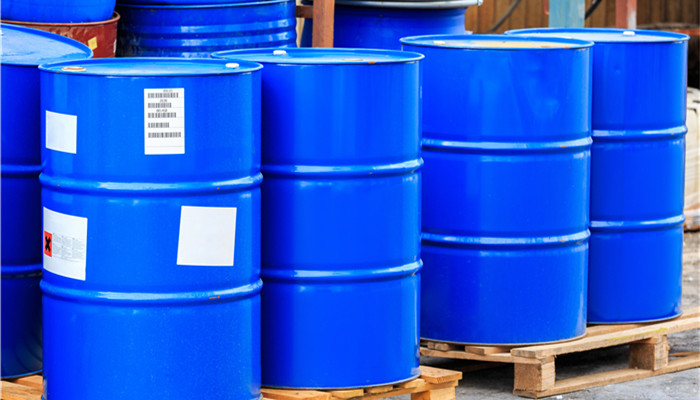
PIPD fiber has broad application prospects, but local companies do not yet have mass production capabilities
The full name of PIPD fiber is poly(2,5-dihydroxy-1,4-phenylenepyridodiimidazole) fiber, also known as M5 fiber. It is a new type of liquid crystal aromatic heterocyclic polymer developed based on the PBO molecular chain. fiber. PIPD fiber has the advantages of good flame retardancy, high tensile strength, high modulus, and good heat resistance. It has broad application prospects in sporting goods, electronic and electrical appliances, flame retardant materials, automobile manufacturing, aerospace, military and other fields.
The PIPD fiber industry started in the 1990s and was successfully developed by the Dutch company Akzo Nobel. my country’s PIPD fiber industry started late, and local companies and scientific research institutions only began to research its preparation technology at the beginning of the 21st century. At present, the dry-jet wet spinning method is the mainstream preparation method of PIPD fiber. This method uses polyphosphoric acid solution as the base material, extrudes it from the spinneret, and then goes through processes such as stretching, coagulation, cleaning, and drying, and finally makes it. Get the finished product.
The main raw materials of PIPD fiber include TAP and DHTA. The above two materials have not been commercialized in my country, which has hindered the development of the industry. Restricted by factors such as insufficient supply of raw materials and high technical barriers, my country’s PIPD fiber industry is in the laboratory research and development stage, and there are no companies with mass production capabilities. At present, the main research units on PIPD fiber in my country include Shanghai Institute of Chemical Reagents, Fiber Material Modification Laboratory of Donghua University, Harbin Institute of Technology, Shanghai Jiao Tong University, Beijing University of Chemical Technology, etc.
In recent years, the country has attached great importance to the development of the PIPD fiber industry and introduced many policies to support it. In October 2022, the National Development and Reform Commission and the Ministry of Commerce issued the “Catalogue of Industries to Encourage Foreign Investment (2022 Edition)”, which clearly included poly(2,5-dihydroxy-1,4-phenylenepyridodiimidazole) (PIPD). ) fiber and other high-performance fibers and products are included in the national catalog of industries that encourage foreign investment. Against this background, the prosperity of my country’s PIPD fiber industry will further improve.
According to the “China poly(25-dihydroxy-14-phenylenepyridodiimidazole) fiber (PIPD fiber) industry market from 2023 to 2028 released by the Industrial Research Center “In-depth research and development prospect forecast” shows that PIPD fiber has broad application prospects, and electronic and electrical, flame retardant materials, automobile manufacturing, aerospace, military and other fields are expected to become its main demand end in the future. In the field of flame-retardant materials, PIPD fiber has excellent flame retardancy and can be used to produce fire-fighting suits; in the military field, PIPD fiber can be used as bullet-proof materials and is widely used in helmets, body armor, and fragment protection armor systems.
Industry analysts said that PIPD fiber, as a high-performance fiber, has broad application prospects in the military field. In the future, with in-depth research and development and technological progress, PIPD fiber has broad application prospects in the military field. , its application scope will be further expanded. Due to factors such as high technical barriers, my country’s PIPD fiber industry has not yet achieved commercial application. In the future, driven by positive factors such as national policy support, the development speed of my country’s PIPD fiber industry will further accelerate.

 微信扫一扫打赏
微信扫一扫打赏

